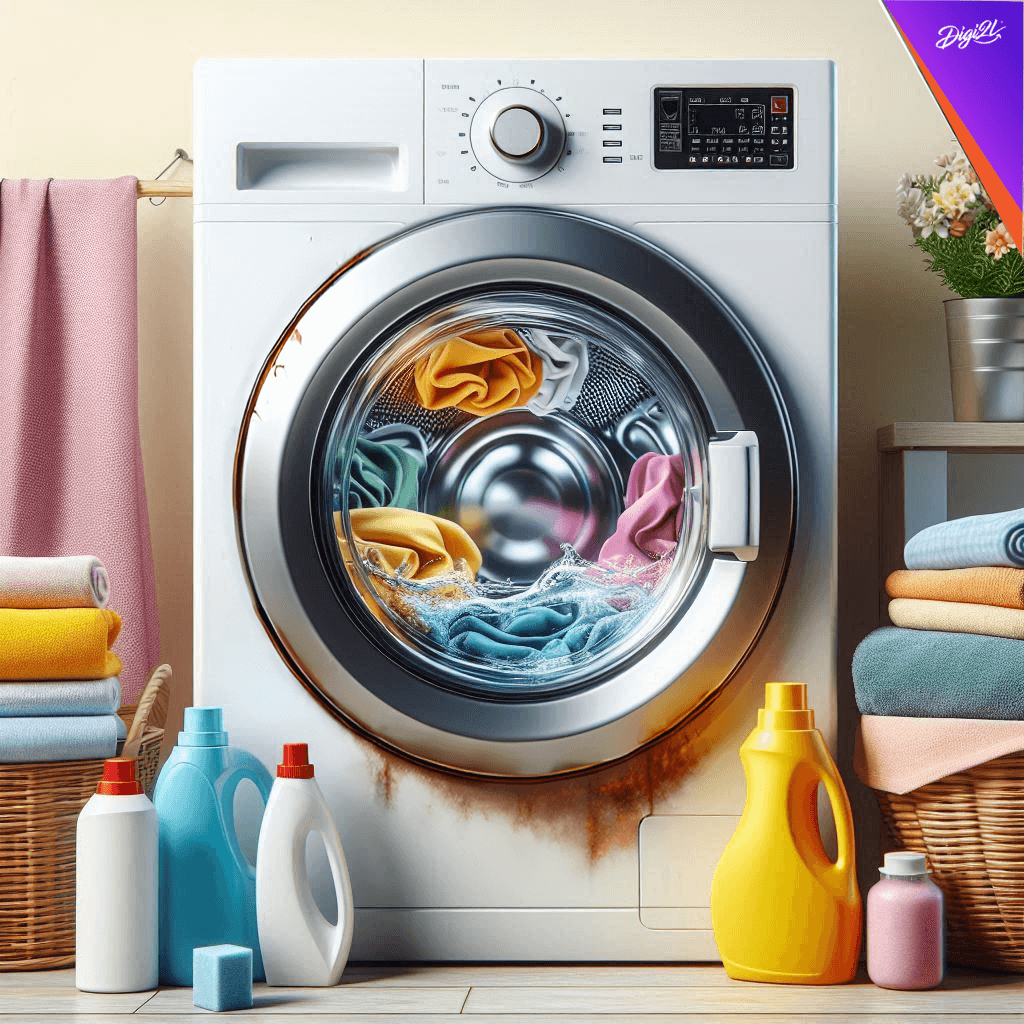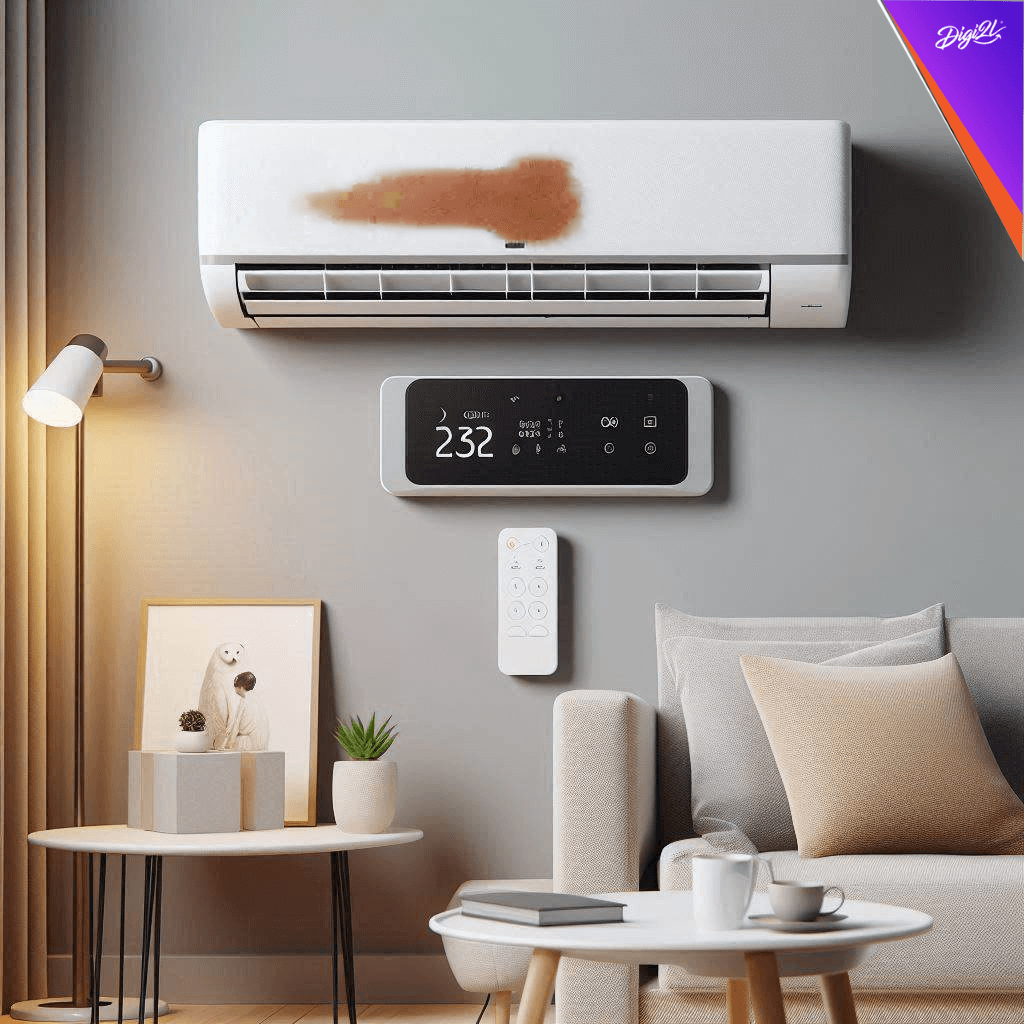
Please Wait ...


Blogs> Power-Saving Pro Tips: Slash Your Electricity Bill by Taming Energy-Hungry Appliances

In today’s modern lifestyle, large appliances have become an essential part of our daily lives. However, they can significantly contribute to our electricity bills. By adopting some simple measures, you can efficiently manage and reduce the energy consumption of your appliances, ultimately saving money and contributing to a greener environment. In this blog, we will explore practical measures to minimize electricity bills associated with large appliances.
Optimal Temperature Settings:
Many large appliances, such as refrigerators and water heaters, come with adjustable temperature settings. By setting these appliances at optimal temperatures, you can avoid unnecessary energy consumption. For instance, set your refrigerator to a recommended temperature of 37-40 degrees Fahrenheit (3-4 degrees Celsius) and your water heater to a moderate temperature of around 120 degrees Fahrenheit (49 degrees Celsius).
Efficient Use of Washing Machines:
Washing machines consume a significant amount of energy, especially during the heating and drying cycles. To save electricity:
Energy-Efficient Cooking:
Kitchen appliances like ovens, stovetops, and microwaves can consume considerable energy. To minimize electricity usage:
Smart Refrigerator Usage:
Refrigerators are one of the most power-hungry appliances in our homes. Implement these practices to optimize their energy consumption:
Standby Power Awareness:
Many appliances consume electricity even when not in use, known as standby power or vampire power. To combat this:
Image by shurkin_son on Freepik

By Digi2L - June 8, 2024

By Digi2L - June 7, 2024

By Digi2L - June 6, 2024